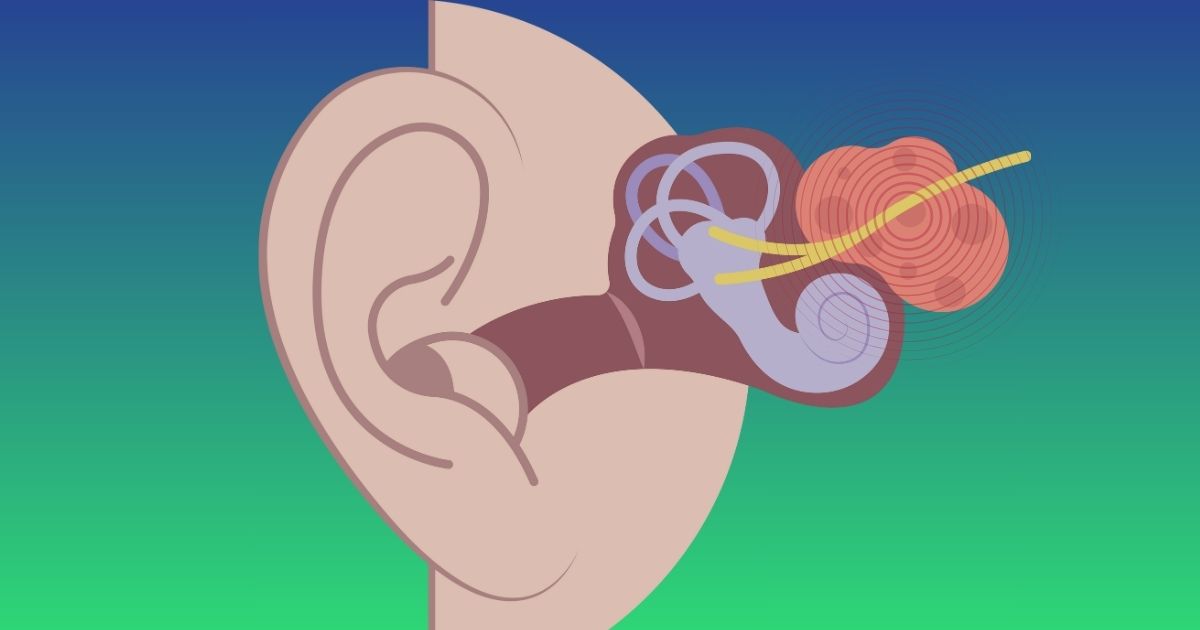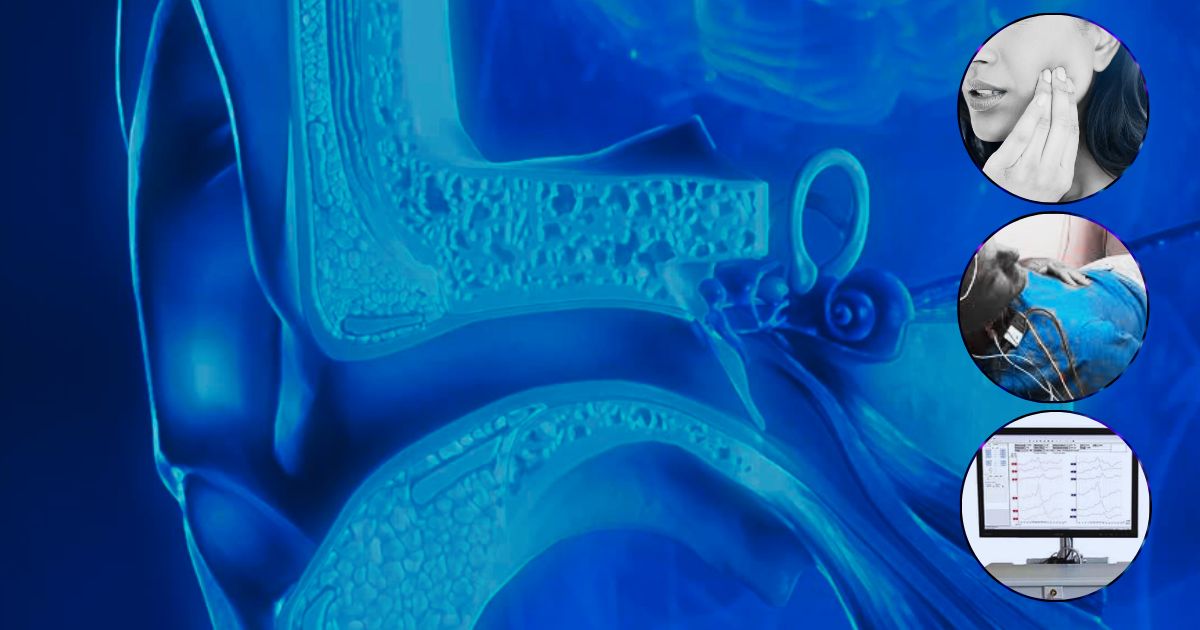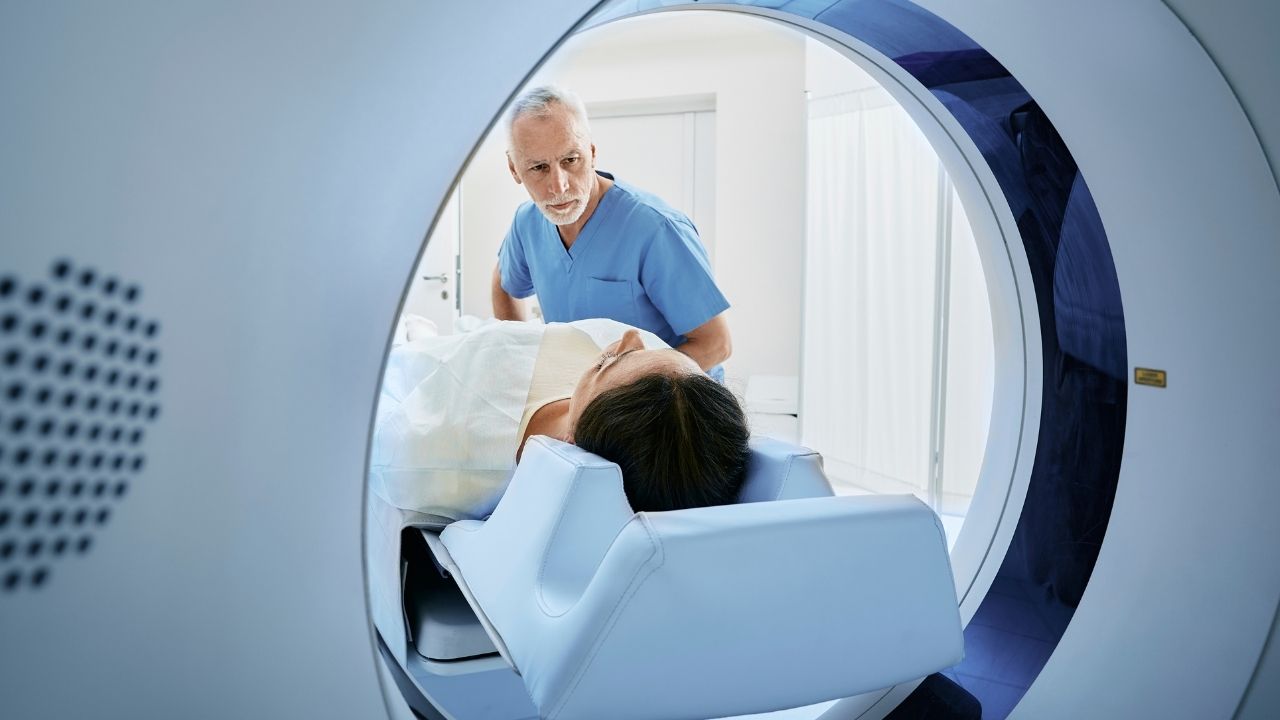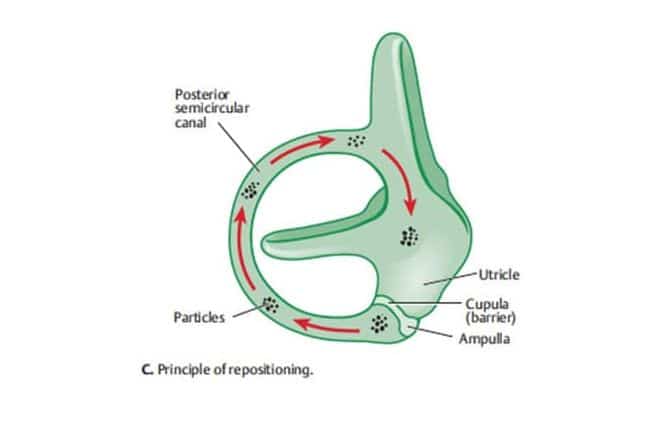Jul. 18, 2023
As audiologists providing both vestibular and hearing assessment, we evaluate individuals with a variety of hearing and/or dizziness related symptoms. We frequently encounter the same common diagnoses. For instance, a symmetric high frequency sensorineural (inner ear/auditory nerve) hearing loss is commonly encountered in a hearing evaluation and may be observed in older adult patients and/or those who have been exposed
















